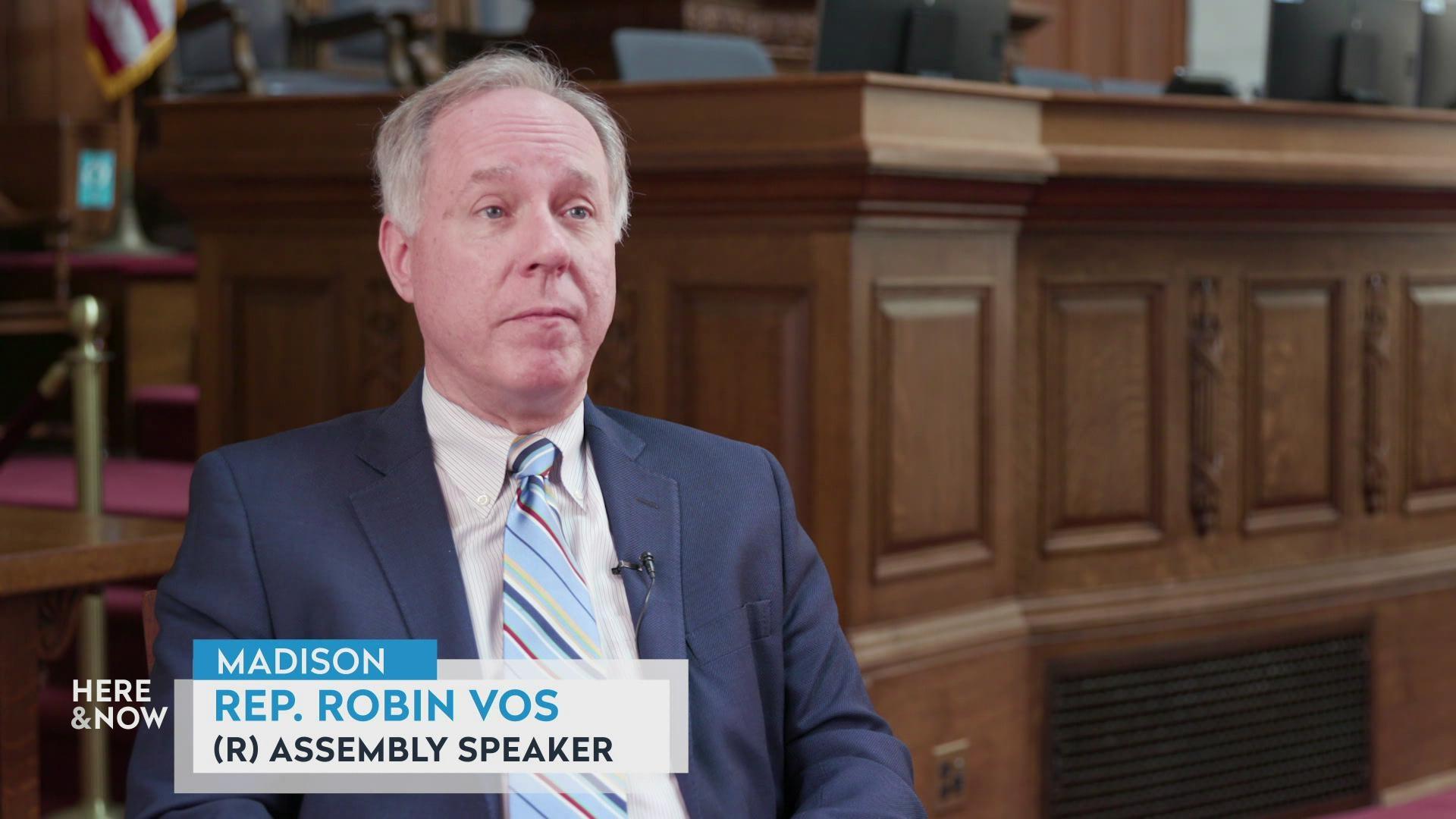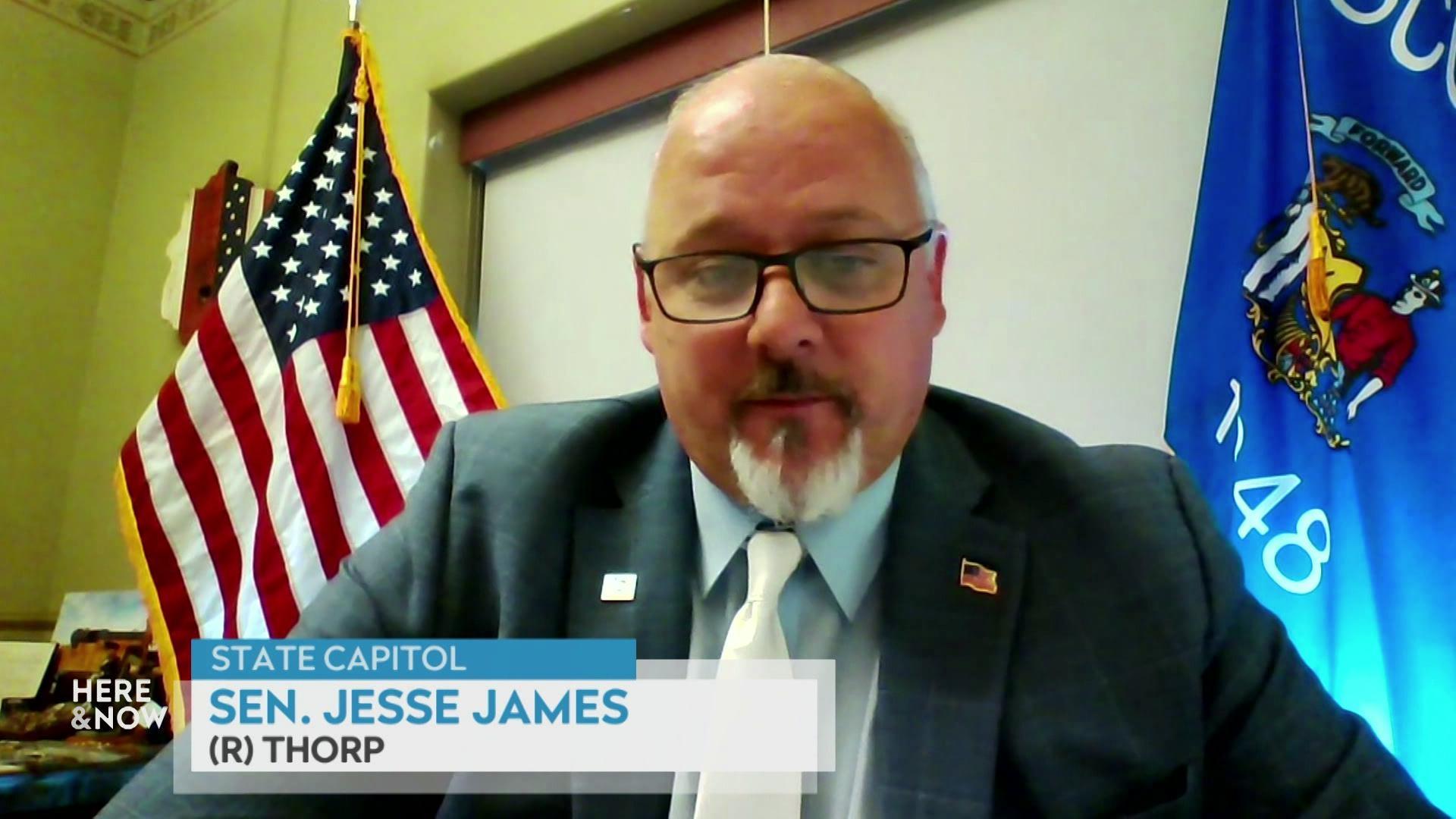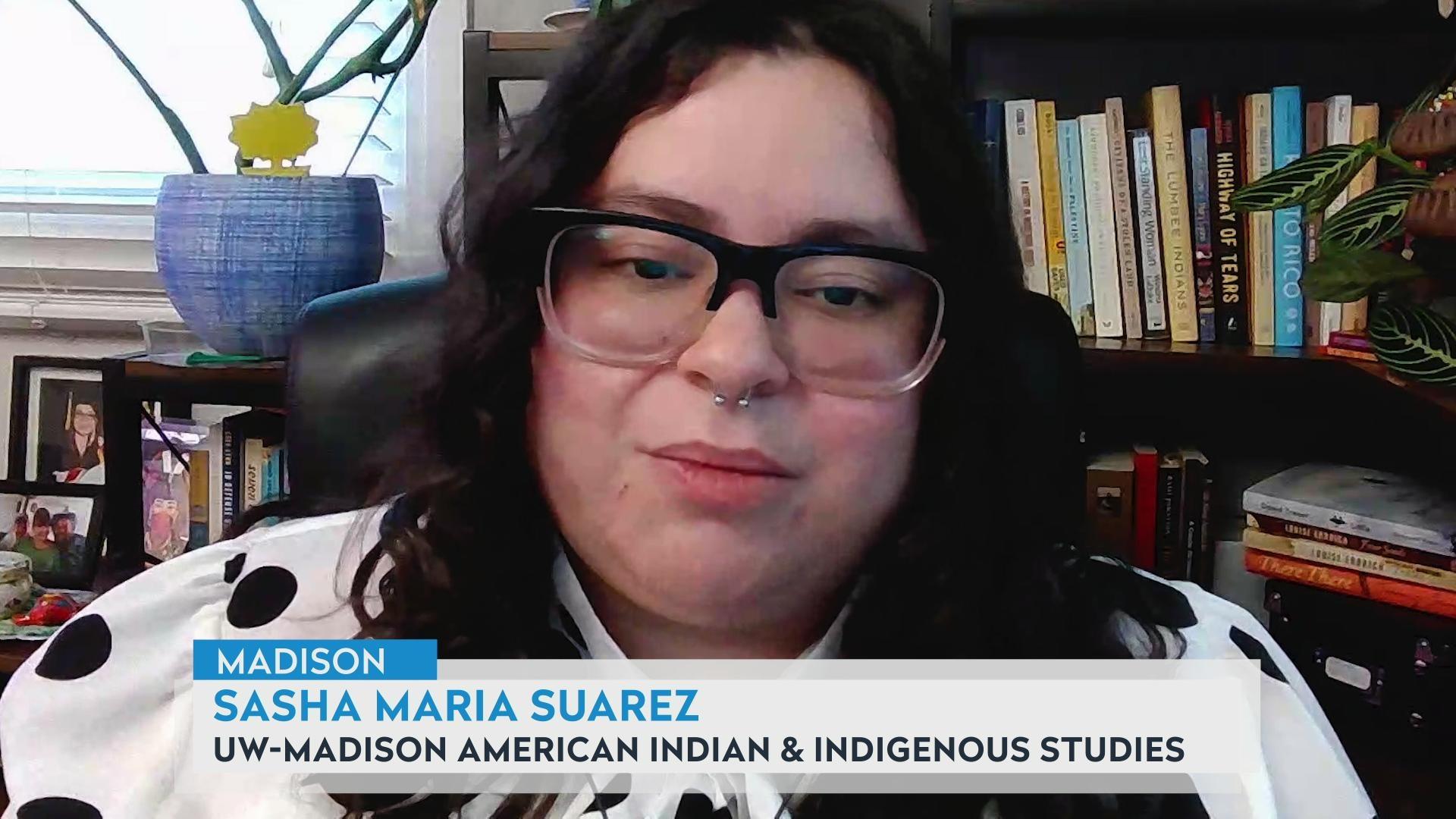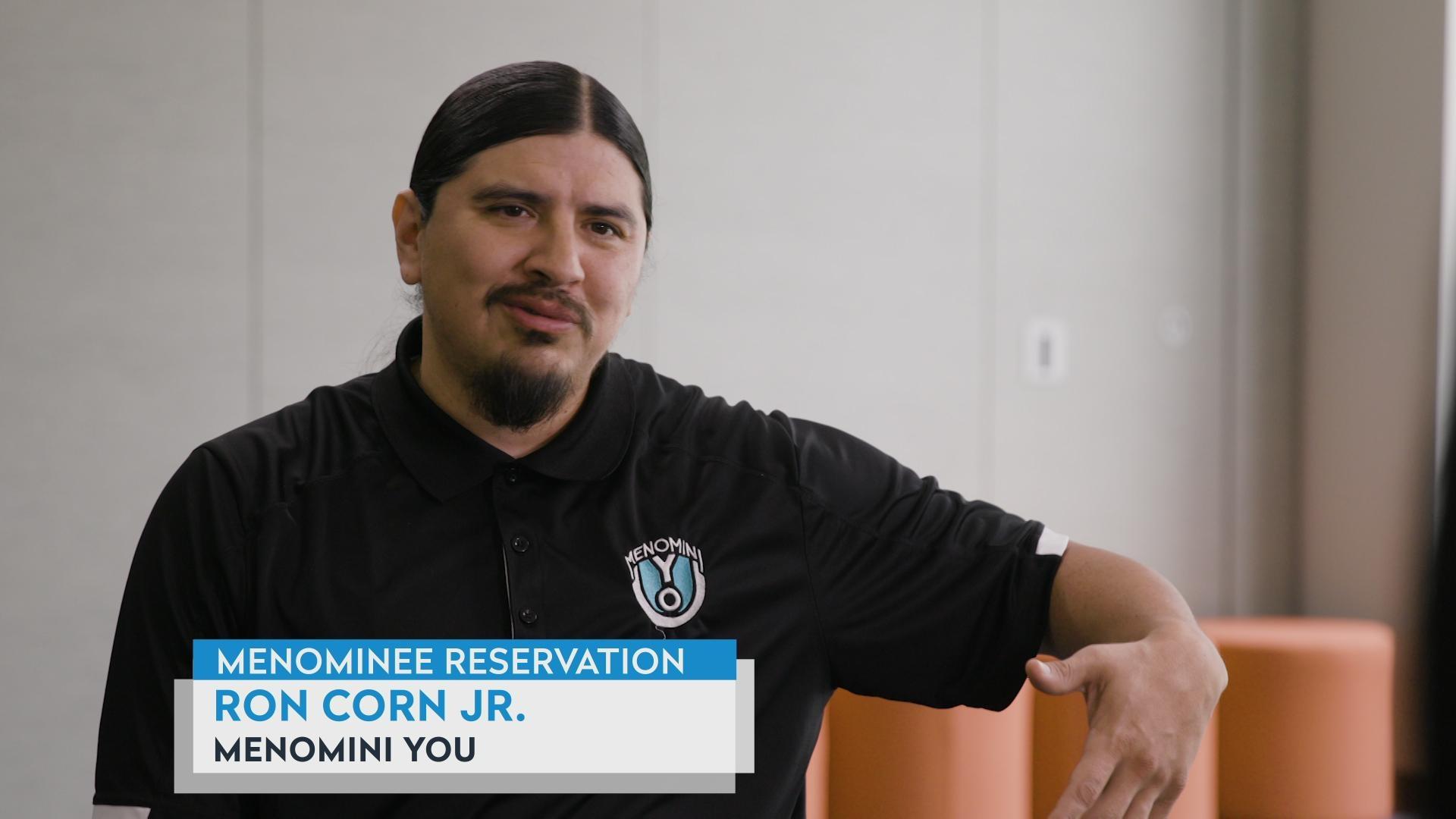Debbie Moellendorf on mental health at Merrill High School
UW-Madison Extension professor Debbie Moellendorf describes the efforts of the Raise Your Voice club at Merrill High School as student participants learn about mental health and provide peer support.
By Steven Potter | Here & Now
May 17, 2023 • Northern Region
VIDEO TRANSCRIPT
Steven Potter:
Tell us about the Raise Your Voice club. What's the purpose?
Debbie Moellendorf:
The Raise Your Voice club is a student-led club that is promoting and empowering students to have a voice, to talk about mental health, to advocate for their own needs, and to empower them to bring about a difference in their school and in their community.
Steven Potter:
How many students participate in the club and what do they do?
Debbie Moellendorf:
We have about 108 students, 120 students, roughly, in our club here at the high school in Merrill and they do all kinds of things, both within the school and the community. So, they do a lot of positive messaging. Every Monday morning, they have a mental health message that goes out throughout the high school. They have posters that they put up throughout the school. They have a bandana project where we train club members to be not therapists, but to be support for their friends and to be aware of what are the warning signs that a friend might be struggling, and then how could you help and support them and connect them to the resources and a trusted adult. So, again, not training them to be a therapist, but training them to be that supporter of the friend, because we know that students go to other students when they're struggling. They don't necessarily seek out an adult. We know that from our youth risk behavior survey results, that the majority of students will go to another student and so, the students that are trained, they're trained on what are early warning signs, what are the resources available, and then how do you be a supportive friend? And again, we encourage them to be a friend in the general term to all students of the school, and then as part of that, they sign a pledge, which is behind us on the wall, and then they have a bandana, a green bandana that they have on their backpack along with a luggage tag that has a card that speaks to what they agree to as part of the bandana project about maintaining confidentiality, being a support, et cetera, on that card, and then on the other side are a bunch of resources that they can help connect their friend to who's struggling.
Steven Potter:
K. Why are schools the ideal place for young people to learn about and help each other with mental health?
Debbie Moellendorf:
Schools are a place that students spend a lot of time. They spend the majority of their waking hours in a school setting and we know that students who are struggling with mental health often say that they get their help or get connected to those resources through someone at school. So, we know that during COVID, when schools were virtual, students were struggling and weren't having that resource to get connected to those supports and they were finding other ways to connect virtually, but didn't have that trusted adult that they could go to and so, we hope by training staff and by training the students, that we're creating an environment where it's okay to talk about it not being okay and to know that this is a safe space and that if you're struggling that day, that someone's here to help you and support you, because again, we know that often, kids come in, we call it their invisible backpack that they're carrying when they come in the door. Again, they've got things going on at home, they've got things going on with themselves, all of those things, and they bring that with them wherever they go and so, hopefully, within the school setting, there are resources and supports to help that student.
Steven Potter:
OK. Why is it important to address mental health issues as a student, as a young person, and not let them go on?
Debbie Moellendorf:
Yeah. We know that half of all mental illnesses really develop before the age of 14 and so, we know that the earlier we can get an individual connected with support and resources, the more likely recovery is and that they can find ways to live with that mental challenge that they're facing and develop healthy coping skills, so that they can become resilient and be able to effectively manage through life using those coping skills and developing those skills. So, we know that adolescence is a really important time for when we're seeing mental illnesses develop.
 Passport
Passport











Follow Us